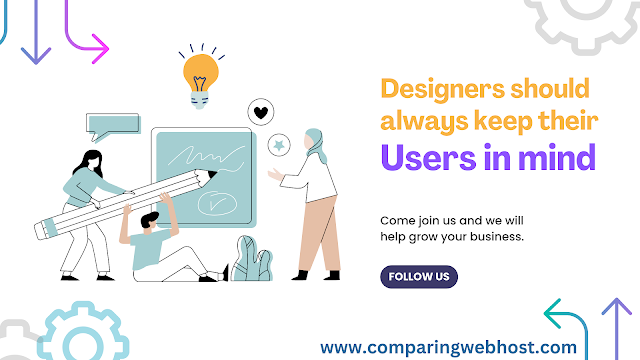The ABCs of Website Development: From Web Design to SEO
In today’s digital age, having a strong online presence is crucial for businesses and individuals alike. Whether you’re a budding entrepreneur or a seasoned professional, understanding the key aspects of website development is essential. In this blog post, we’ll delve into the world of website creation, exploring various facets like web design, web development, and essential tools and concepts associated with it.
Web design is often the first thing that comes to mind when thinking about a website. It encompasses the visual elements, layout, and overall aesthetics of a site. A well-designed website not only attracts visitors but also keeps them engaged. It’s the virtual storefront that welcomes your online audience.
On the other hand, web development takes a deeper dive into the technical side of things. It’s the process of coding and building the functionality of a website. Web developers are like the architects and builders of the digital world, constructing the structure and ensuring everything works smoothly.
Website Builder:
If the world of coding seems intimidating, fear not! Website builders are here to simplify the process. These user-friendly software applications empower anyone, regardless of their coding knowledge, to create a website. With drag-and-drop interfaces and pre-designed templates, you can bring your web vision to life effortlessly.
In the realm of website development, it’s important to be well-versed in the terminology. Here are some keywords you should acquaint yourself with:
1. Ecommerce Website: For those looking to sell products or services online, ecommerce websites are the go-to choice. They facilitate online transactions and offer a seamless shopping experience.
2. Responsive Web Design: In a world dominated by smartphones and tablets, responsive web design is a must. It ensures that your website looks and functions beautifully across various devices and screen sizes.
3. WordPress: As one of the most popular content management systems (CMS) in the world, WordPress simplifies website creation and management. It’s highly customizable and versatile.
4. Bootstrap: Bootstrap is a front-end framework that streamlines web development. It provides ready-made components and styles, making the design process more efficient.
5. SEO (Search Engine Optimization): SEO is the art of optimizing your website to rank higher on search engines like Google. It involves techniques like keyword research, on-page optimization, and link building.
6. UX Design (User Experience): Ensuring a seamless and enjoyable user experience is paramount. UX design focuses on making your website intuitive and user-friendly.
7. UI Design (User Interface): UI design deals with the visual elements of your website, such as buttons, menus, and navigation. It contributes to the overall user experience.
8. Graphic Design and Logo Design: Visual branding is essential. Graphic design encompasses everything from images to infographics, while logo design creates a memorable brand identity.
9. Web Hosting and Domain Name: To make your website accessible online, you’ll need a reliable web hosting service and a unique domain name. These are the backbone of your online presence.
In the ever-evolving landscape of website development, knowledge is your greatest asset. Whether you’re crafting a personal blog or launching an e-commerce empire, understanding the nuances of web design, web development, and the associated keywords will set you on the path to online success. Stay curious, keep learning, and watch your digital dreams take shape!

